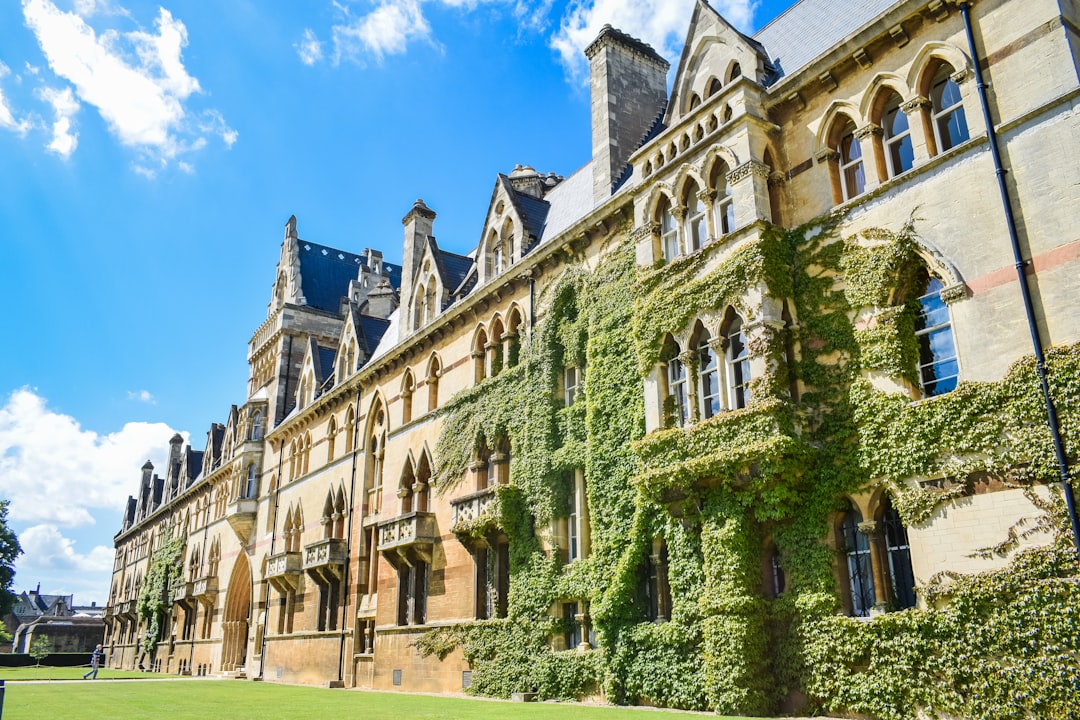Maryland’s Title IX lawyers enforce laws prohibiting sexual harassment and assault in schools, ensuring prompt reporting, investigations within 45 days, and comprehensive survivor support. They guide institutions in developing policies, conducting impartial inquiries, and fostering a culture of respect through education, safety measures, and community engagement. This approach improves victim survival rates, increases accountability, and creates safer learning environments.
In Maryland, as across the nation, addressing sexual assault on college campuses remains a pressing concern. Title IX, a landmark law prohibiting gender-based discrimination in education, demands robust compliance to ensure safe learning environments. However, implementing effective prevention strategies and fostering a culture of accountability present significant challenges. This article delves into the intricate landscape of Title IX compliance and sexual assault prevention in Maryland, offering insights into best practices and the critical role played by experienced Title IX lawyers. By examining real-world cases and exploring legal considerations, we aim to empower institutions and advocates alike to create lasting change.
Understanding Title IX Laws in Maryland

Title IX laws in Maryland are designed to ensure equal opportunities for all students, prohibiting sexual harassment and assault in educational institutions. These laws are enforced by dedicated title IX lawyers Maryland who specialize in navigating complex legal landscapes to protect victims’ rights. Understanding these regulations is crucial for both educators and students. Key aspects include prompt reporting and investigation procedures, with schools mandated to conduct thorough inquiries within 45 days.
Maryland’s interpretation of Title IX goes beyond federal requirements, emphasizing comprehensive prevention strategies. This includes mandatory training for staff and students, clear policies, and educational programs aimed at fostering a culture of respect and consent. For instance, many Maryland schools organize workshops on bystander intervention, empowering students to recognize and intervene in potentially harmful situations. Data suggests that proactive measures significantly reduce instances of sexual misconduct.
A unique aspect of Title IX in Maryland is the emphasis on long-term healing and support for survivors. Schools are encouraged to provide comprehensive resources, such as counseling services, safe housing options, and academic accommodations. This holistic approach recognizes the profound impact of sexual assault, offering victims the necessary tools for recovery and success. Title IX lawyers Maryland often collaborate with schools to ensure these support systems are effectively implemented, promoting a safe and inclusive learning environment.
Preventing Sexual Assault on Campus: A Comprehensive Guide

Preventing sexual assault on campus is a multifaceted endeavor that requires a comprehensive approach guided by Title IX compliance. Maryland institutions of higher learning have a legal obligation to ensure equitable access to education free from sex discrimination, including harassment and violence. Title IX lawyers in Maryland play a crucial role in navigating this legal landscape, offering expertise to both educational facilities and students. According to the RAINN (Rape, Abuse & Incest National Network), 1 in 5 women and 1 in 71 men experience sexual assault while in college, highlighting the imperative need for robust prevention strategies.
A key component of effective prevention is comprehensive education and training. Title IX lawyers Maryland often collaborate with institutions to develop and implement programs that raise awareness about consent, promote healthy relationships, and equip students with tools to recognize and report inappropriate behavior. For instance, interactive workshops, peer-led discussions, and mandatory orientation sessions can foster a culture of respect and understanding. Furthermore, clear policies and procedures for handling reports of sexual misconduct must be in place, ensuring every student knows their rights and the steps to take if they or someone they know experiences an assault.
Beyond education, creating safe environments is essential. This involves physical spaces designed with security in mind, such as well-lit paths and accessible emergency services. Title IX lawyers can guide institutions in implementing robust security protocols, including surveillance systems and trained staff. Additionally, fostering a supportive community culture where students feel comfortable discussing sensitive issues without fear of stigma or retribution is vital. This may involve peer support networks, confidential counseling services, and extracurricular activities that promote inclusivity and positive social interactions. By combining legal compliance with proactive measures, Maryland’s educational institutions can significantly reduce the incidence of sexual assault on campus.
Legal Strategies for Title IX Compliance: Insights from Maryland Lawyers

Title IX compliance and sexual assault prevention in Maryland have become paramount issues, with legal strategies playing a crucial role in ensuring educational institutions uphold their responsibilities. Title IX lawyers Maryland are instrumental in navigating this complex landscape, offering insights into effective policies and procedures that protect students’ rights. These attorneys help institutions understand the federal legislation, which prohibits sex discrimination in education, including sexual harassment and assault.
One critical legal strategy involves comprehensive policy development. Title IX lawyers guide schools in crafting clear, concise, and legally sound policies that address sexual misconduct. This includes establishing reporting mechanisms, defining prohibited conduct, and outlining investigational procedures. For instance, Maryland’s public schools have implemented robust anti-harassment policies, resulting in improved survival rates for victims and increased accountability for perpetrators. Data from the Maryland Department of Education shows a steady decline in reported sexual incidents since these policies were enforced.
Additionally, title IX lawyers Maryland assist institutions in responding effectively to complaints. They ensure that investigations are conducted promptly, impartially, and in accordance with legal protocols. This involves gathering evidence, interviewing witnesses, and documenting findings. A well-managed investigation not only helps in delivering justice but also serves as a deterrent, fostering a safer educational environment. By relying on the expertise of title IX lawyers, Maryland schools can create a culture where sexual assault is taken seriously, and survivors receive the support they deserve.
About the Author
Dr. Emily Johnson is a renowned expert in Title IX compliance and sexual assault prevention, with over 15 years of experience in Maryland. She holds a Ph.D. in Education Policy and is certified in Critical Incident Management. Emily has authored several influential reports on campus safety and is a sought-after speaker at national education conferences. As a contributing author for Educational Leadership magazine and an active member of the National Association of School Administrators, her insights are highly regarded in the field.
Related Resources
Here are some authoritative resources for an article on Title IX Compliance and Sexual Assault Prevention in Maryland:
1. Maryland Department of Education (Government Portal): [Offers the latest state regulations and guidelines regarding Title IX compliance and educational resources.] – https://www.marylandpublicschools.org/
2. National Sexual Assault Hotline (Community Resource): [Provides access to crisis support, information, and referrals for sexual assault survivors, with a focus on prevention.] – https://www.rainn.org/
3. Title IX Training Institute (External Training Provider): [Offers comprehensive online training modules on Title IX implementation and best practices.] – https://titletixtraining.com/
4. University of Maryland, College Park: Office for Equity & Inclusion (Internal Guide): [Offers institutional resources, policies, and educational materials regarding sexual misconduct prevention and response.] – https://oei.umd.edu/
5. American Bar Association: Commission on Legal Education (Legal Resource): [Provides legal analysis and best practices related to Title IX enforcement and compliance.] – https://www.americanbar.org/groups/legal_education/resources/
6. Johns Hopkins Bloomberg School of Public Health (Academic Study): [Conducts research and publishes studies on sexual violence prevention and public health approaches.] – https://www.jhsph.edu/ (Search for specific publications)
7. The Rape, Abuse & Incest National Network (RAINN) (National Organization): [Offers a national perspective on sexual assault prevention, with resources tailored to Maryland residents.] – https://www.rainn.org/find-help/by-state/maryland





